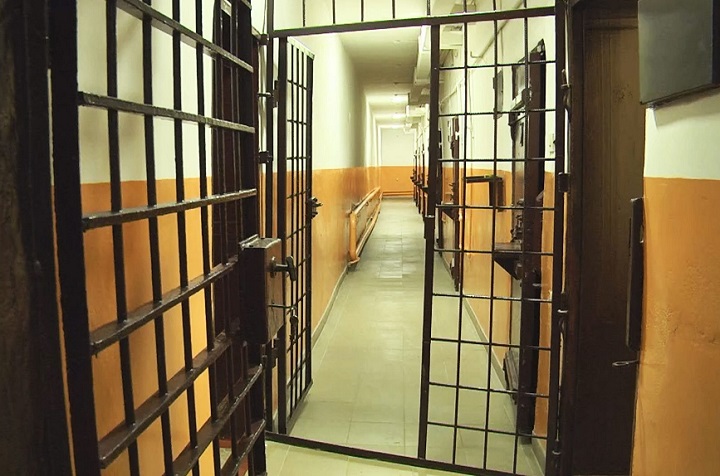At the fourteenth session of the Majlisi milli Majlisi Oli of the Republic of Tajikistan, which took place on June 16, the deputies of the lower house of parliament adopted the draft law “On administrative supervision of persons released from places of deprivation of liberty”, Khovar Agency reports. The bill provides for the supervision of persons who have served a term of imprisonment for serious crimes. If a prisoner during the period of passing prison sentence is recognized as a malicious violator of the established order in a correctional institution, then, according to this project, after being released from prison, he will be under the supervision of the internal affairs bodies.
Comment:
It is noteworthy that, in fact, such supervision of political and religious activists who have served their sentences has already been de facto carried out in Tajikistan for many years without the adoption of this law. Thus, as is often the case in the dictatorships of the region, the parliament only legitimized the existing illegal practice.
Although the law states that supervision will be carried out for persons who were sentences for serious crimes, however, practice shows that all this time in Tajikistan under this supervision are only persons accused and sentences for fabricated criminal cases about so-called extremism and terrorism. These are usually religiously observant young people, critics of the regime, activists, independent journalists and bloggers, and independent preachers. The presence of such people under strict supervision, including preventing of leaving the country, is very beneficial for law enforcement agencies: any moment, in order to raise the result rates, the law enforcers fabricate a new criminal case and send a person to jail.
Recall that the adoption of this law, like many others, is an exact copy of Russian practice, in which convicts and dissidents are tightly controlled by the security forces for many years even after serving their sentences.
Muhammad Mansour

